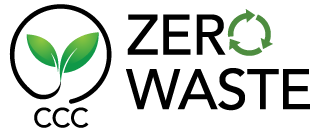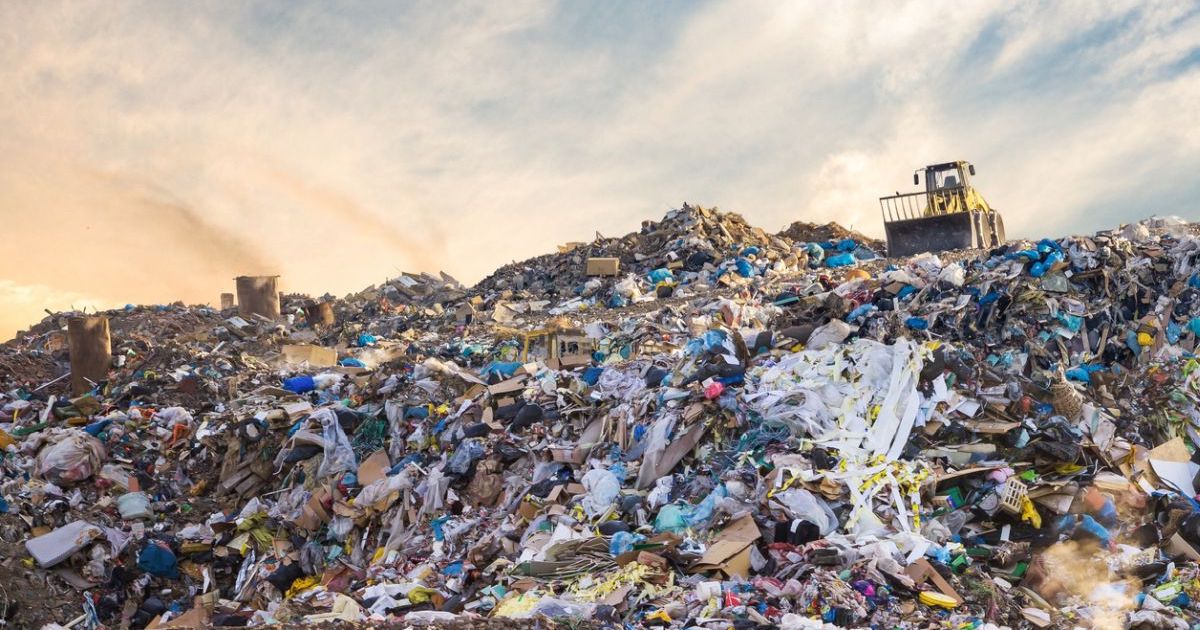Waste management is a crucial aspect of any city’s infrastructure, and Kochi is no exception. Waste management in Kochi is a serious issue since many years. Located in the southern state of Kerala in India, Kochi is a rapidly growing city that is grappling with the challenges of managing its waste. With a population of over 2 million, the city generates a significant amount of waste every day, and it is essential to manage this waste efficiently to protect the environment and public health. CCC Zero Waste is one of the most known and accepted waste management company in Kochi.
Waste management in Kochi is the responsibility of the Kochi Municipal Corporation (KMC), which is responsible for collecting, transporting, and disposing of waste in a safe and sustainable manner. The KMC has implemented several initiatives to address the waste management challenges facing the city, including the establishment of a solid waste management plant, waste segregation at source, and the promotion of composting.
One of the most significant waste management initiatives in Kochi is the establishment of a solid waste management plant in Brahmapuram. The plant, which was commissioned in 2011, has the capacity to process 750 tonnes of waste per day, making it one of the largest waste processing facilities in India. The plant uses a combination of aerobic and anaerobic processes to convert the waste into compost and biogas. The compost is used as a fertilizer in agriculture, while the biogas is used as fuel for power generation.
Another important initiative in Kochi’s waste management strategy is waste segregation at source. The KMC has implemented a door-to-door waste collection system, where residents are provided with separate bins for biodegradable and non-biodegradable waste. This system has been successful in reducing the amount of waste sent to the landfill, as the biodegradable waste is processed at the solid waste management plant, and the non-biodegradable waste is sent for recycling.
Composting is another important aspect of Kochi’s waste management strategy. The KMC has set up several composting units across the city, where the biodegradable waste is processed into compost. The compost is then used in agriculture, providing a sustainable source of fertilizer while also reducing the amount of waste sent to the landfill.
Despite these initiatives, Kochi still faces several challenges in waste management. One of the main challenges is the lack of awareness among the public regarding waste segregation and the importance of sustainable waste management practices. The KMC has taken steps to address this issue by conducting awareness campaigns and training programs for residents and waste collectors.
Another challenge facing Kochi’s waste management system is the lack of adequate infrastructure for waste collection and transportation. The city’s narrow roads and congested traffic make it difficult for waste collection vehicles to move around, leading to delays and inefficiencies in the waste management process.
In conclusion, waste management is a critical issue facing Kochi, and the KMC has taken several initiatives to address the challenges. The establishment of a solid waste management plant, waste segregation at source, and composting are some of the initiatives that have been successful in managing the city’s waste. However, there is still a need for greater awareness among the public and improvements in the city’s infrastructure to ensure the sustainability of waste management in Kochi.

